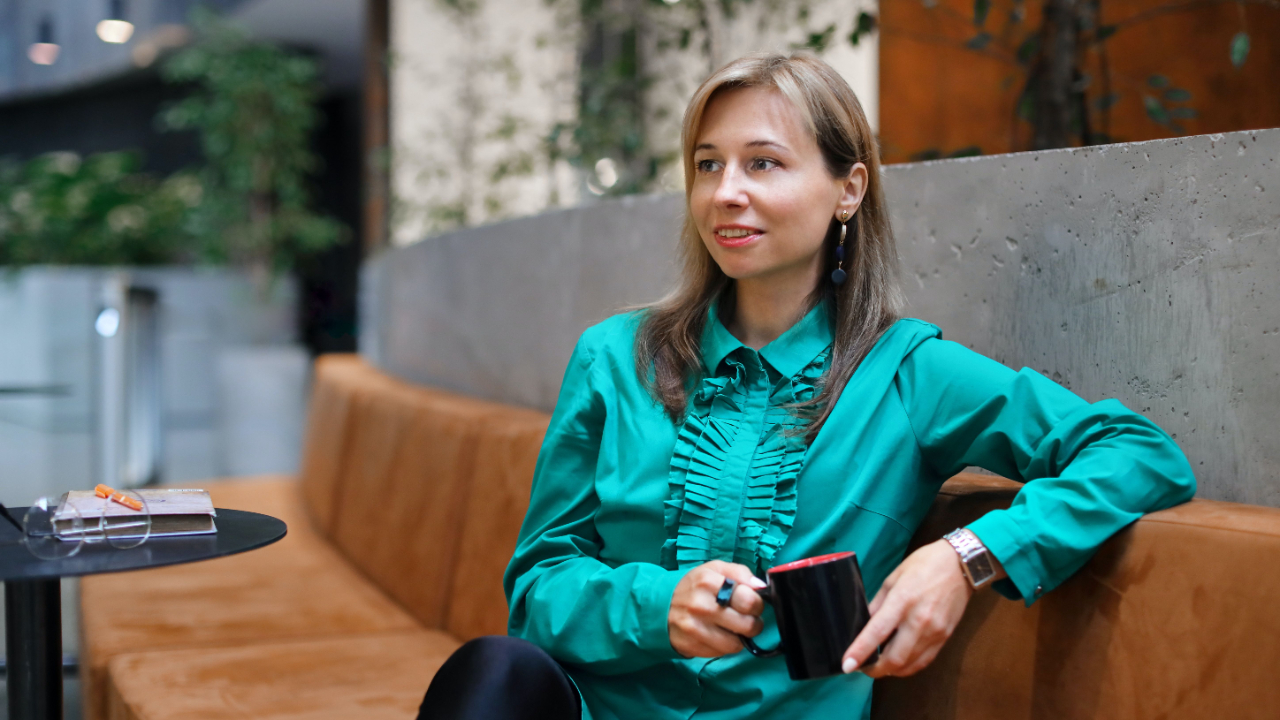Use the 3-Question Rule for Likability

By John Millen
Have you ever had someone ask how you’re doing and, after you respond, they launch into an extended talk about themselves?
It’s annoying, isn’t it? In fact, they’re annoying, aren’t they?
That’s because they show little interest in us and made it all about themselves.
It’s human nature for us to want to talk about ourselves. Some people mistakenly think that the secret to winning friends is to make themselves interesting to others.
But according to Dale Carnegie, that’s not the path to making friends.
“You can make more friends in two months by becoming interested in other people than you can in two years by trying to get other people interested in you,” Carnegie wrote in his classic book How to Make Friends and Influence People.
You’ll actually gain more trust and respect from people when you show interest in them. That’s where the three-question rule comes into play.
According to a Harvard study published in the Journal of Personality and Social Psychology, asking a question, then following up with at least two more questions will greatly improve your chances of being liked.
According to the authors:
We converse with others to learn what they know –– their information, stories, preferences, ideas, thoughts, and feelings –– as well as to share what we know while managing others' perceptions of us….
In particular, asking questions that follow up on the other person's responses cause and convey better listening, understanding, validation, and care.
The question asker's responsiveness, in turn, is likely to cause him or her to be better liked by the question answerer.
This makes sense because we as human beings like to share our observations and experiences. In fact, a UC Santa Barbara study found that about 40 percent of our daily conversations are about our subjective experiences.
The researchers concluded that people place a high value “on opportunities to communicate their thoughts and feelings to others and that doing so engages neural and cognitive mechanisms associated with reward.”
To put it simply, we get a dopamine-type feeling of reward from the same area of the brain that gets excited about food, money and other satisfying activities.
That’s why simply asking up to three questions and listening carefully is an easy way to start or deepen a relationship.
In fact, the Harvard research included an algorithm studying speed-dating conversations.
They concluded that “speed daters who ask more follow-up questions during their dates are more likely to elicit agreement for second dates from their partners, a behavioral indicator of liking.”
According to Harvard's research, you might not believe that simply asking questions can produce these results.
They concluded that “despite the persistent and beneficial effects of asking questions, people do not anticipate that question-asking increases interpersonal liking.”
So don’t take it from me, believe these Harvard researchers that asking questions and listening might be good for your career, as well as your love life.
Now let me ask you a few questions:
1. When you first engage someone, do you ask a question and really listen to their answer?
2. Do you ask follow-up questions and listen?
3. If not, will you consider giving the three-question rule a try this week?
If you found value in this message, please do me a favor and forward it to share it with someone who might benefit.
John








